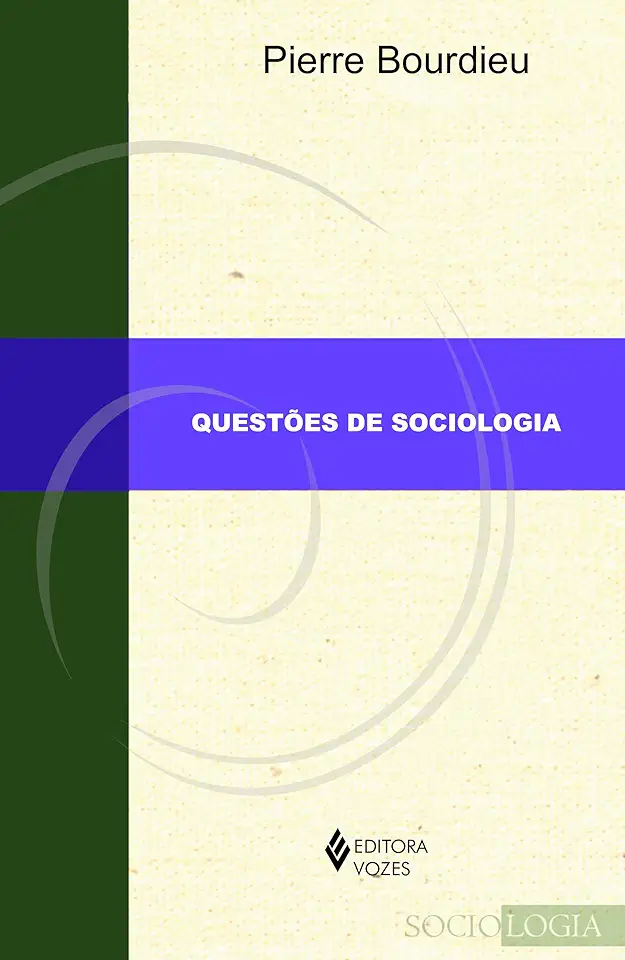
Sociology in Question - Pierre Bourdieu
Sociology in Question: A Critical Reader
Introduction
In Sociology in Question, Pierre Bourdieu, one of the most influential sociologists of the twentieth century, challenges the traditional foundations of sociology and offers a new way of understanding social life. Bourdieu argues that sociology must be a critical science that exposes the hidden structures of power and domination that shape our lives. He develops a theory of social practice that emphasizes the role of habitus, or the embodied dispositions that we acquire through our social experiences. Habitus, Bourdieu argues, shapes our perceptions of the world and our actions within it.
The Critique of Traditional Sociology
Bourdieu begins by critiquing traditional sociology, which he argues is based on a number of false assumptions. First, traditional sociology assumes that social life is governed by objective laws that can be discovered through scientific observation. Bourdieu argues that this assumption is based on a misunderstanding of the nature of social reality. Social life, Bourdieu argues, is not a natural phenomenon that can be studied from a detached perspective. Rather, it is a product of human action and interaction. As such, it is constantly changing and evolving.
Second, traditional sociology assumes that individuals are rational actors who make decisions based on their own self-interest. Bourdieu argues that this assumption is also based on a misunderstanding of human nature. Individuals, Bourdieu argues, are not simply rational actors. They are also shaped by their social experiences and by the structures of power and domination that exist in society.
Third, traditional sociology assumes that society is a harmonious whole. Bourdieu argues that this assumption is based on a denial of the conflict and inequality that exist in society. Bourdieu argues that society is a場 of struggle between different groups and classes for power and resources.
The Theory of Social Practice
Bourdieu develops a theory of social practice that emphasizes the role of habitus, or the embodied dispositions that we acquire through our social experiences. Habitus, Bourdieu argues, shapes our perceptions of the world and our actions within it. It is a set of taken-for-granted assumptions and beliefs that guide our behavior.
Habitus is not simply a product of our individual experiences. It is also shaped by the structures of power and domination that exist in society. These structures, which Bourdieu calls "fields," are the arenas in which social struggles take place. Fields are structured by their own rules and norms, which shape the behavior of the individuals who participate in them.
The Application of the Theory of Social Practice
Bourdieu's theory of social practice has been used to study a wide range of social phenomena, including education, class inequality, and cultural production. In his book Distinction, Bourdieu uses his theory to explain how social class is reproduced through the education system. He argues that the education system is structured in such a way that it favors the children of the upper classes. This is because the education system values the cultural capital that is possessed by the upper classes, such as knowledge of the arts and literature. Children from the working classes, who do not have access to this cultural capital, are at a disadvantage in the education system.
Bourdieu's work has had a profound impact on sociology. He has challenged the traditional foundations of the discipline and offered a new way of understanding social life. His work is essential reading for anyone interested in sociology and the social sciences.
Conclusion
Sociology in Question is a challenging and rewarding book that will change the way you think about social life. Bourdieu's critique of traditional sociology is devastating, and his theory of social practice offers a new way of understanding the world. This book is essential reading for anyone interested in sociology and the social sciences.